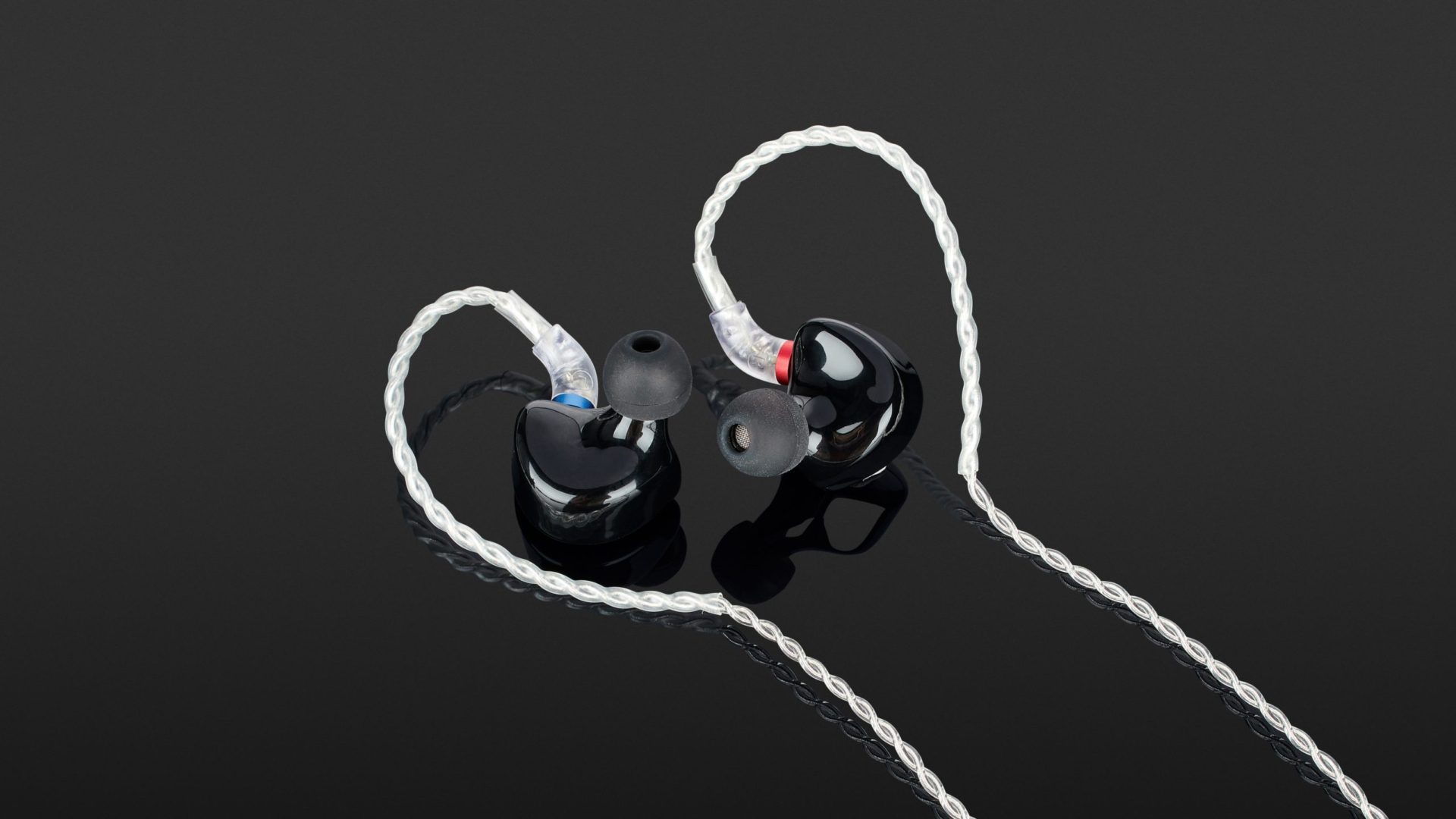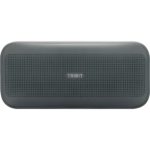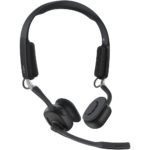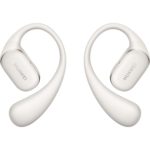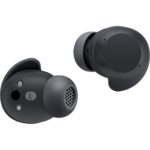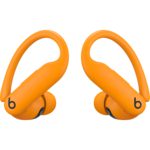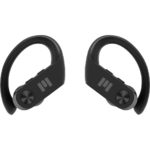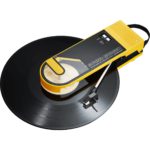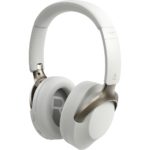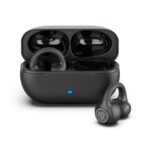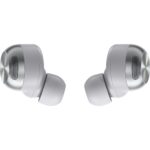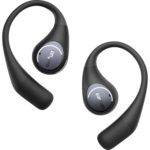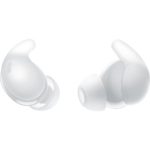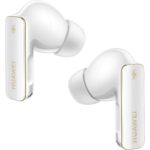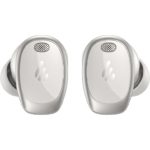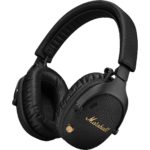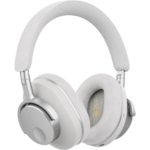In their price range of around 200 euros, there are dozens of IEMs with a wide variety of features and unique selling points. With the Sonata, NXEars launches an IEM with a single, precisely tuned Knowles BA driver, which claims to be especially for speech and focuses on the most neutral reproduction possible. With complex music productions and high volume levels, the resin earpieces are unfortunately quickly overwhelmed. Here, NXEars could point out the intended use more clearly and specifically aim at potential users. After all: Sonata are an excellent replacement for over-ears for Twitch streaming, YouTube creators or podcasting.
Dozens of IEMs compete for your audiophile favour in the 200 euro price range. This includes NXEars Sonata, which is positioned as a specialist device for talkers, podcasters and streamers
In-ear monitoring is experiencing a boom. The models are getting classier and more sophisticated; dozens of start-ups are trying to attract attention with this or that feature. And indeed, it is surprising how different IEMs can be, even on a technical level.
In addition to the Opera and Basso models, the up and coming NXEars also have an “entry-level” product in its range, the Sonata, for just under 200 euros. At this price, you don’t get a multi-way design with four or eight Knowles BA drivers. Only one BA driver per side is used. Many other features from the more expensive models have, however, been retained.
Technology of the NXEars Sonata
In addition to the “dynamic” or plunger coil drivers familiar with large headphones, in-ear monitors with balanced-armature drivers have established themselves as a relatively new category. While dynamic drivers basically function like miniaturised loudspeakers, BA drivers are something fundamentally different. Inside the drivers, which are only a few millimetres in size, an “arm” vibrates in an electromagnetic field and causes a membrane made of aluminium to oscillate.
IEMs are still a relatively new area, and scientific findings and technical innovations are bubbling up accordingly. Casey Ng, the founder of NXEars, previously worked at Knowles, the most renowned manufacturer of BA drivers. Armed with this experience, Ng established a team to realise his design ideas.
Three colours of resin
Unlike the Opera and Basso, each of which is only available in one colour, the Sonata offers an initial choice between black, red or green. The cases are extruded from synthetic resin using a 3D printer, hardened and then coloured by hand. This complex manufacturing process results in a supple, anti-allergenic, low-resonance enclosure. The four-core braided, silver-vapourised copper cable with MMCX bayonet and 3.5 mm stereo jack is by no means not a matter of course in this price category and reinforces the impression that very few compromises were made in putting together this IEM.
Comfort & Features
My first impression when putting the NXEars Sonata to work was that the more compact shape pays off compared to the larger NXEars IEMs. Not only does Sonata weigh considerably less than Basso or Opera, but the balance of the IEM in the ear was, to my mind, much improved as there was less weight in the fitting pieces. In addition, NXEar’s built-in “Aperiodic Ground Loading” (AGL) ensures less cabinet resonance and pressure in the ear canal. Unfortunately, the technology behind this remains undocumented. In practice, however, this means a massive reduction in symptoms of fatigue during prolonged listening. Mind you, an unpleasant pressure can still build up in the ear if the insertion pressure is too strong, but this falls under the category of “user error” and is not the fault of the NXEars Sonata.
There are a total of eight pairs of ear tips, two pairs each of silicone tips in S, M and L and memory foam tips in M and L in the package. The soft nylon pouch is a nice bonus but cannot replace a hard case for everyday use.
Sound
The large number of IEMs out there that are equipped with multiple BA drivers might lead one to believe that a single one of these tiny transducers could be overwhelmed with the entire frequency range. But this is not the case. Sonata sounds surprisingly transparent and, to my ears, not as if something is missing. Certainly, bass reproduction was less punchy than with Basso and even my dynamic Sennheiser Ambeo headset have ostensibly “more” bass. However, when it comes to precision and “neutrality”, I would rather go for the Sonata, even if the frequencies dropped a bit below 80 Hz. Compared to expensive IEMs with multiple BA drivers in a 3-way configuration, the Sonata’s high frequencies were pleasant, and the mids were balanced without a tendency to become swampy at 200 Hz. This makes the Sonata extremely attractive, especially for vocal pop and rock, but also for audiobooks and podcasts, as the vocal reproduction sounds really excellent and highly resolved without tiring the ear. At high volumes, the natural limitations of the design become apparent, and the Sonata lose control of the soundstage, especially with bass-heavy music.
Technical specifications
- Ear couplingIn-ear
- Typeclosed
- Transducer principleBalanced Armature
- Impedance19 ohms
- Cable length120 cm
What's in the box
- 6 pairs of silicone ear tips (S, M, L)
- 2 pairs of memory foam ear tips (M, L)
- Collar clip
- Cleaning tool
- Carrying case
Special features
- Available in black, red, green










